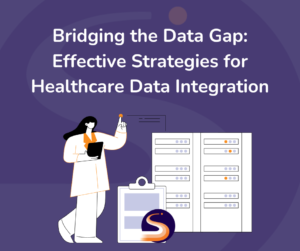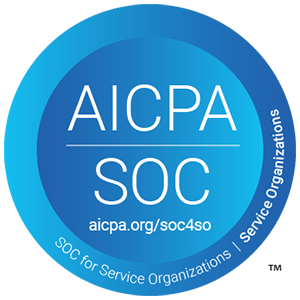
Effective data integration strategies are essential for healthcare systems to enhance decision-making and improve patient outcomes.
The Importance of Data Integration
Data integration involves combining data from various sources into a unified view. This means integrating electronic health records (EHRs), lab results, imaging data, and more in healthcare. Sevida is engineered to do just that! Our comprehensive platform ingests data from any source in any format, powering the holistic view and enabling healthcare providers to make informed decisions, leading to better patient care.
Challenges in Data Integration
Healthcare data is often siloed, with different systems and formats creating barriers to integration. These silos hinder the flow of information, leading to fragmented care and delays in care planning. Additionally, healthcare data privacy and security concerns must be addressed to protect patient information during (and after) the integration process.
Strategies for Effective Data Integration
- Standardization: Implementing standardized data formats and protocols ensures compatibility between different systems. This facilitates seamless data exchange and integration.
- Interoperability Solutions: Utilizing interoperability solutions, such as Health Information Exchanges (HIEs), can bridge the gap between disparate systems, enabling data sharing across organizations.
- Data Governance: Establishing robust data governance policies ensures data quality, security, and compliance with regulations. This is crucial for maintaining the integrity of integrated data.
- Cloud-Based Integration: Cloud-based platforms like Sevida offer scalable and flexible solutions for data integration. They enable real-time data access and collaboration among healthcare providers.
Benefits of Data Integration
Integrated data provides a comprehensive view of patient health, leading to improved care coordination and outcomes. It also enhances operational efficiency by reducing redundancies and streamlining workflows. For C-suite decision-makers, data integration can lead to significant cost savings and better resource management.
The Future of Data Integration in Healthcare
As healthcare systems continue to evolve, data integration will become increasingly important. Emerging technologies like blockchain and AI offer new opportunities for secure and efficient data integration.
Ready to bridge the data gap in your healthcare system? Connect with our team for a customized demo of our Sevida platform and discover how we can help you achieve seamless data integration and improved patient outcomes.

